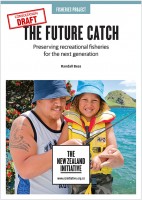
The Future Catch: Preserving Recreational Fisheries for the Next Generation
Hundreds of thousands of New Zealanders fish recreationally each year in inshore waters. Fishing is integral to the Kiwi way of life. Read more


Hundreds of thousands of New Zealanders fish recreationally each year in inshore waters. Fishing is integral to the Kiwi way of life. Read more
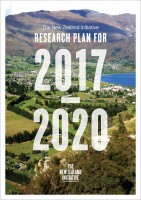
The New Zealand Initiative is New Zealand's leading think tank. The Initiative produces accessible, evidence-based research (available in print and online) with a focus on policy areas we believe are vital for a free and prosperous New Zealand. Read more

Parents lucky enough to be able to choose among different schools weigh up schools’ deciles and NCEA performance. Unfortunately, neither of these necessarily show which would be the right choice for their children. Read more
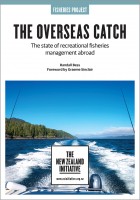
Unless recreational fisheries management changes, fishers will face a steady decline in daily bag limits, increases in minimum legal sizes, and shorter fishing seasons. The recreational fishing experience will worsen, as will conflicts between the recreational and commercial fishing sectors. Read more

Manifesto 20217: What the next New Zealand government should do, spells out what The New Zealand Initiative expects the next government to tackle after the 2017 General Election. It is immaterial to us which parties form the government. Read more
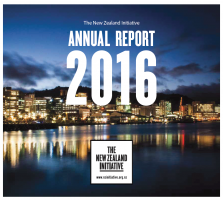
2016 was another successful year for The New Zealand Initiative. This Annual Report summarises our achievements over 2016. Read more

All children deserve access to a quality schooling experience. Unfortunately, the Initiative’s reports show that New Zealand has a long way to go yet. Read more
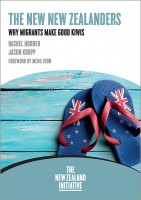
New Zealand is widely regarded as a unique place, renowned for its natural beauty, culture, economic freedom, and quality of life. Immigration has played an important part in achieving this outcome. Read more
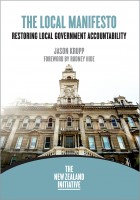
Local government plays an important role in New Zealand and is often overlooked. When things like roading, water and recycling services are working well, we barely even notice them. Read more

There is an inequality paradox in New Zealand. Despite increasingly frequent newspaper headlines on inequality, the data shows that inequality in income and inequality in consumption have not changed substantially for at least a decade. Read more

Around 600,000 New Zealanders, almost thirteen percent of the population, fish recreationally each year in inshore waters. Many of them place great importance on the ability to take home a day’s catch. Read more

Just over a decade ago, the government stopped charging interest on student loans. Before 2006, student loan debt drew interest after the borrower left school. Read more
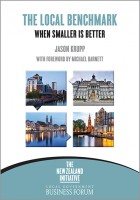
With government about to table legislation that would allow greater amalgamation of local authorities in New Zealand, this report examines how other countries have embraced the diversity of local government to enhance their economic competitiveness. Local government plays a vital role in national productivity. Read more
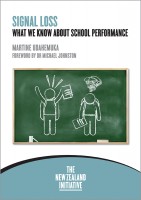
It is hard to improve without knowing what better and worse performance look like. Teachers grade students, but who grades the graders? Read more
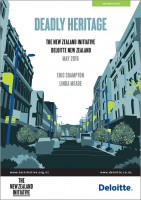
Wellington’s heritage buildings make the city beautiful, but dangerous. This joint report by Deloitte New Zealand and The New Zealand Initiative looks for ways that Wellington can balance earthquake readiness and sensitivity to the city’s heritage character. Read more